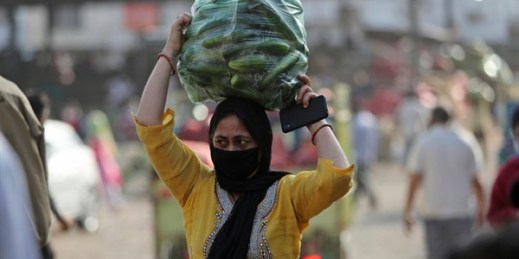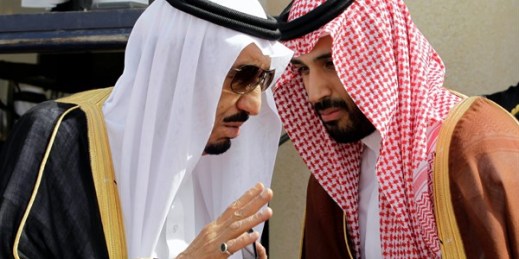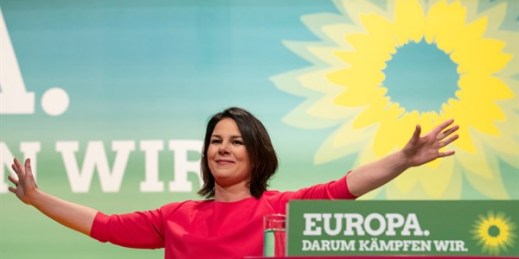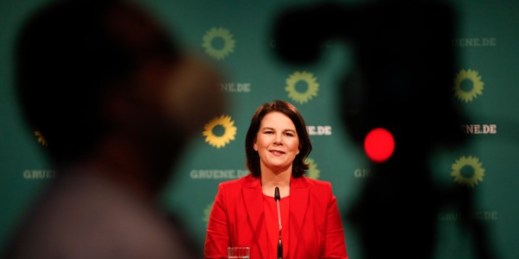
In many parts of the world, particularly in emerging markets, women are at a stark disadvantage when it comes to obtaining a loan. Studies have shown that expanding access to credit for women would spur economic growth, yet the financial gender gap remains stubbornly wide. In fact, there are more than 70 countries where women cannot even open a bank account. According to Mary Ellen Iskenderian, president and CEO of the nonprofit Women’s World Banking, emerging financial technologies, or fintech, have the potential to revolutionize access to credit for women in low-income countries by allowing them to receive loans from […]






